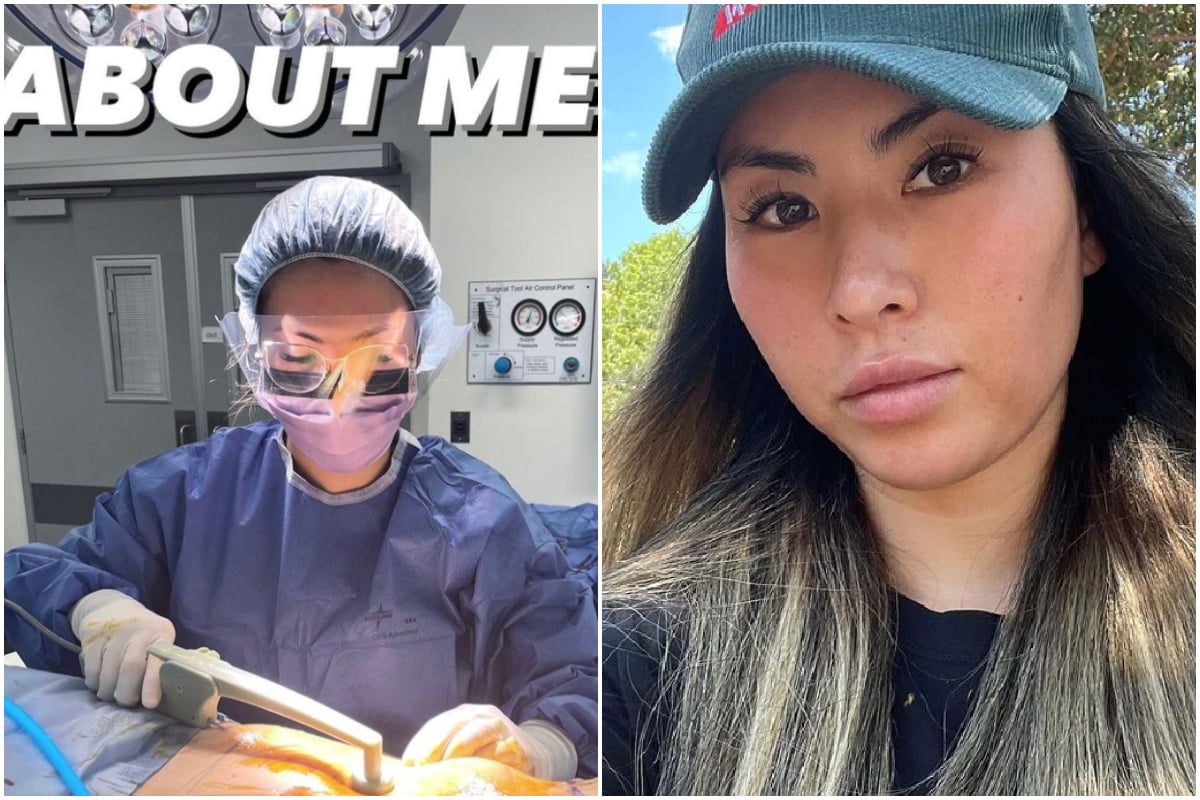
The recent Four Corners exposé of disgraced cosmetic surgeon Dr Daniel Lanzer and his associates has opened a Pandora’s box of what is happening in the cosmetic industry in Australia.
Are all cosmetic surgeons bad? No. But it is very difficult for potential patients to make decisions about where to go for cosmetic surgery, because there are many practitioners that offer it, with varying degrees of skill and experience.
What is the difference between plastic and cosmetic surgeons?
Plastic surgeons have gone through accredited training through the Royal Australasian College of Surgeons.
It is a highly selective training program, with rigorous training and assessment processes in place.
The extensive five-year program for plastic and reconstructive surgery covers a wide breadth of clinical areas including complex reconstruction, microsurgery, hand surgery, skin cancers, burns, and paediatric surgeries such as cleft lip/palate surgery.
Thus, plastic surgeons are qualified to operate in a broad range of areas.
Most surgical training takes place in teaching hospitals in the public hospital system.
Listen to Dr. Yumiko Kadota on No Filter. Post continues below.
Cosmetic surgery is a minor focus of the plastic surgery training program and mainly takes place in private hospitals, which trainees have limited exposure to.
Typically, plastic surgeons at the end of the program will have completed a six-month rotation in cosmetic surgery.




























































































